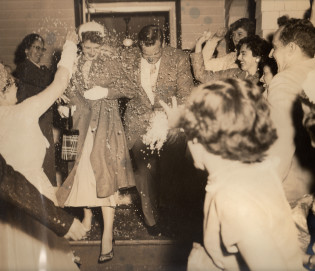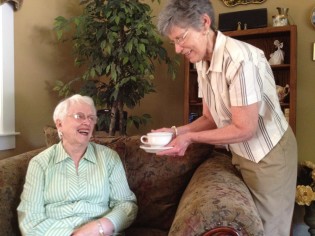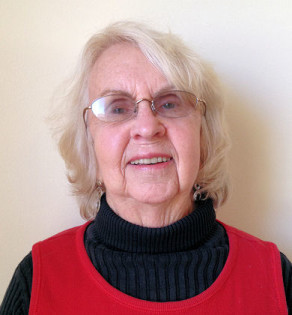
Announcing Suzanne Dustin
Senior Services Manchester NH is proud to announce Suzanne Dustin.
Hometown: I was born in Syracuse NY and currently reside in Manchester NH.
Memorable Moment as a Caregiver: Always say, “there but for the grace of God go I”. I have been with seniors worse off than I and that makes me feel that if I become ill, I would like to be treated well. Making someone else feel better because I am there is very rewarding. Having fun and helping them to have fun and enjoy some part of their lives.
Did you Know?: I was a tour guide and recently brought my Garden Club friends to Boston for the Flower Show- Proud that I love to drive in Boston as at one time I drove a tour trolley when I was 60!
Senior Care NH. Senior Services for Seniors by Seniors.
We all need a little help from time to time.
We know it’s hard to ask for help. But, getting senior services from a loving, caring, compassionate senior who really understands what life is about is the best of both worlds.
Our senior helpers can assist with all the things you need – hygiene assistance, housekeeping, cooking, shopping, mowing the lawn, getting you to the doctor, or even just changing a light bulb — and they provide at home senior care with love. That’s why we say it’s just like getting a little help from your friends.™
We personally match you with elder care companions who will fit your personality and needs. And, we work the way it works best for you. Our senior home care services are available for you every day, any hour of the week and even overnight. Senior services Manchester NH.
What we have discovered is that the people who use our in home senior care services come to love the people who provide our elder care. It’s about getting the help and so much more – it’s about adding joy and companionship back into life. We hear over and over again from those who receive our senior in home care services that: we change people’s lives.™
We exclusively hire senior caregivers
When you search for senior care, you want to find someone who is truly going to care from their heart. Our elder care helpers get paid, but they are not providing senior care for the income. Many of our home helpers were looking for volunteer opportunities when they found Seniors Helping Seniors. Most of our home care seniors provided senior home care for their own parents and saw them through all of the stages of later life, including Alzheimer’s care, incontinence, wandering, elderly transportation, etc. They learned elder care first hand, in their parent’s home, in their own homes, at the assisted living center, at the memory care unit, and at the hospital, at the hospice center and then back home for the last several months of life. They understand the need for respite care, because they used respite services themselves. And they understand the emotion involved in choosing to hire senior home care, knowing they couldn’t provide all the home elder care themselves.
Our senior helpers know senior care–but more than that–they know how to give of their heart. Geriatric care is not a job for our seniors–it is a way to give. To give something a younger person cannot: a lifetime of experience in understanding others. Our senior helpers know what you are going through as a daughter or son. They know what your parent is going through, and they want to spend their retirement years being a joy to others. For them it is a way of giving and receiving.
Do you need Senior Care? Answer these questions to find out.
Do you have low motivation, a lack of energy, and/or physical problems?
Is your family worried about you falling?
Do you have difficulty keeping up with the daily chores around your home? House cleaning? Cooking? Changing linens?
Could you use assistance getting to the doctor? Or to the store?
Would you welcome help on the outside of your home such as gardening, shoveling, maintenance?
If you’ve answered “yes” to any of these questions, it is worth talking to someone from Seniors Helping Seniors in-home services. Just ask for a free evaluation.
Call us: 603-801-1936 (or) Email us: judy@shs-nh.com
It was personal experience with their own parents that led friends and business partners, Judy and Randy Loubier and Ben and Nancy Paquin to start Seniors Helping Seniors senior care services, serving the Seacoast and Southern New Hampshire. “My mother was living in Florida and underwent surgery to remove half of her right lung. Three weeks after her recovery she suffered a stroke,” shared Judy. “I was on the airplane heading home from Florida praying, ‘God, how am I going to care for my aging parents?’ That is when I opened the airplane magazine and saw an advertisement for Seniors Helping Seniors services. It felt like my prayers had been answered in more ways than one.”
“Between the four of us we have been through almost every major situation you can face in caring for a parent,” said Ben. He recounted the times that he and his business partners have provided or found senior care for their parents: from close and long distance, set up hospice, used assisted living, long-term care, set up their parents’ homes to meet their special needs and made their own home a senior care home. “All through those experiences,” he added, “we wanted to support our parents in their independence and dignity and to optimize their quality of life.”
Through it all, they experienced the full range of emotions from fear and guilt, to concern and joy, he added. “We were the adult child, the caregiver, the senior, the son or daughter and the decision-maker.” These experiences, together with a common bond in faith and careers in helping others, brought the partners close together and resulted in a commitment to starting Seniors Helping Seniors of Seacoast and Southern New Hampshire.
“We truly believe that the best caregivers are those with a lifetime of their own tragedy, struggles and joys,” said Randy. “The best person to care for a senior is a senior. When we share our vulnerabilities, our aches and pains, our disappointments in not being able to do the same things as when we were young, we need genuine empathy not just a sympathetic nod. Likewise when we share stories of our youth, former careers and grandchildren, we want to talk with someone who understands, because they, too, have their own lifetime of victories and defeats.”
“We chose to start Seniors Helping Seniors of Seacoast & Southern New Hampshire senior care because of the emphasis on finding loving, caring, compassionate providers. Anything less is not what we want for our parents, and not what we want for ourselves,” he added.
As the name implies, Seniors Helping Seniors exclusively hires seniors as senior caregivers to provide care for elderly clients. Some have extensive backgrounds in Alzheimer’s care and dementia care, a common reason to ask for senior care. Their background often doesn’t come from a textbook or a classroom—it comes from direct senior care to their own parents, friends and volunteer experiences. Seniors are uniquely qualified to care for Alzheimer’s and dementia clients—they have a lifetime of practicing patience, and they have no other pressing concerns to run away to after “work.” For our senior caregivers, this isn’t a job (they do get paid) but they are there because they truly want to give of their heart.
Seniors Helping Seniors offers non-medical home care for senior clients, including but not limited to:
Hygiene Assistance, Cooking, Light housekeeping, Companionship, Personal grooming and dressing, Shopping, Doctor visits, Transportation, Yard work, Mobility assistance, House maintenance and small repairs, Overnight stays (24-hour care), Long-distance check-ins, Respite care, Alzheimer/Dementia care
Seniors Helping Seniors is a senior care company licensed through the Department of Health and Human Services with the State of NH.
They can be reached at 603-801-1936, judy@shs-nh.com, or www.seniorshelpingseniorsnh.com.
Also, if you are in need of other types of senior services (eg: Elder Care Attorney) in or near Manchester NH, try our Resource Guide.


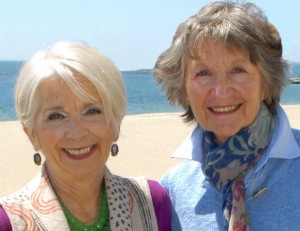
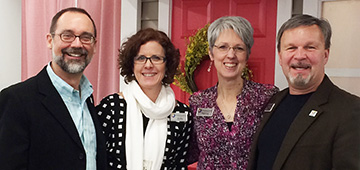
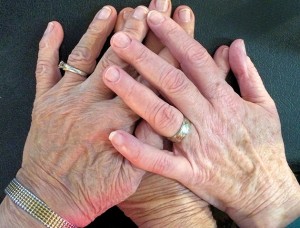
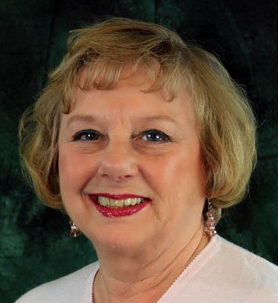
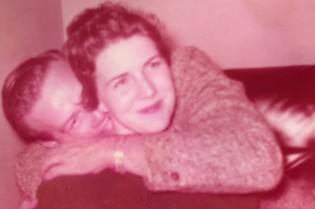
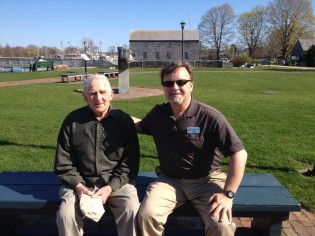 The bank, grocery store, hardware store, hairdresser. The doctor and dentist. Church or temple. The butcher, the baker, the candlestick maker. What if you had no way to get there? Wherever “there” is for you today, there is no doubt that giving up driving will impact your sense of helplessness.
The bank, grocery store, hardware store, hairdresser. The doctor and dentist. Church or temple. The butcher, the baker, the candlestick maker. What if you had no way to get there? Wherever “there” is for you today, there is no doubt that giving up driving will impact your sense of helplessness.